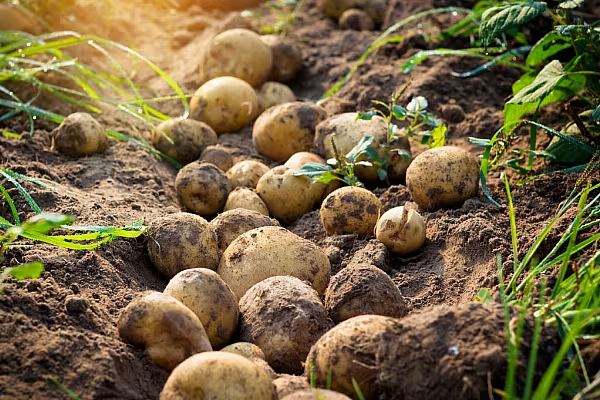The European Union needs to keep its single market open despite the coronavirus epidemic if it wants to guarantee food supplies for its consumers, Europe's leading farm association told EU countries.
Measures to restrict the virus have blocked borders between EU member states and risk preventing the arrival of seasonal workers.
France has appealed to people laid off by the crisis to form a 'shadow army' of fruit pickers, an idea also being assessed in Germany.
Copa Cogeca
Pekka Pesonen, secretary-general of Brussels-based European farmers and agri-cooperatives group Copa Cogeca, expressed doubt such people would want or be able to replace hundreds of thousands of largely eastern European workers.
"Some of these people are specialised ... They often come in teams," said Pesonen, after addressing EU agriculture ministers in a video conference on Wednesday.
Pesonen said the farming community understood public health concerns, but encouraged EU governments to agree a coordinated approach towards temporary workers.
"If we can demonstrate that we can minimise the risk, we hope we would be given an opportunity to maintain the function of the food chain. At the end of the day, we need to eat," he told Reuters.
Vehicle Movement
The industry's insistence on the single market also extends to goods. The European Commission urged EU countries this week to ensure freight vehicles can cross from one country to another within 15 minutes.
Pesonen said that for some farming produce there were stocks for the next two or more weeks, such as potatoes picked last year.
"But what if we don't have access to fertilisers and seeds, for instance potatoes? We are supposed to be planting for the next year's crop. This process has to start in the coming weeks," he said, insisting farmers also needed access to fertilisers or machinery parts.
Copa Cogeca has made an assessment of various farming sectors and concluded the closure of cafes and restaurants had change food consumption.
Consumer demand had increased for wheat products such as flour, bread and pasta - as witnessed by empty shelves in some supermarkets - leading to difficulties in supplying mills, such as in France.
Conversely, demand for higher value cuts of meat or seasonal products such as lamb had fallen, with increased home consumption of lower value minced meat or forequarters.
"If we lose the restaurants, most probably we will lose a huge value from the market, Pesonen said, adding he had proposed revising EU imports of beef.
News by Reuters, edited by ESM. Click subscribe to sign up to ESM: European Supermarket Magazine.














